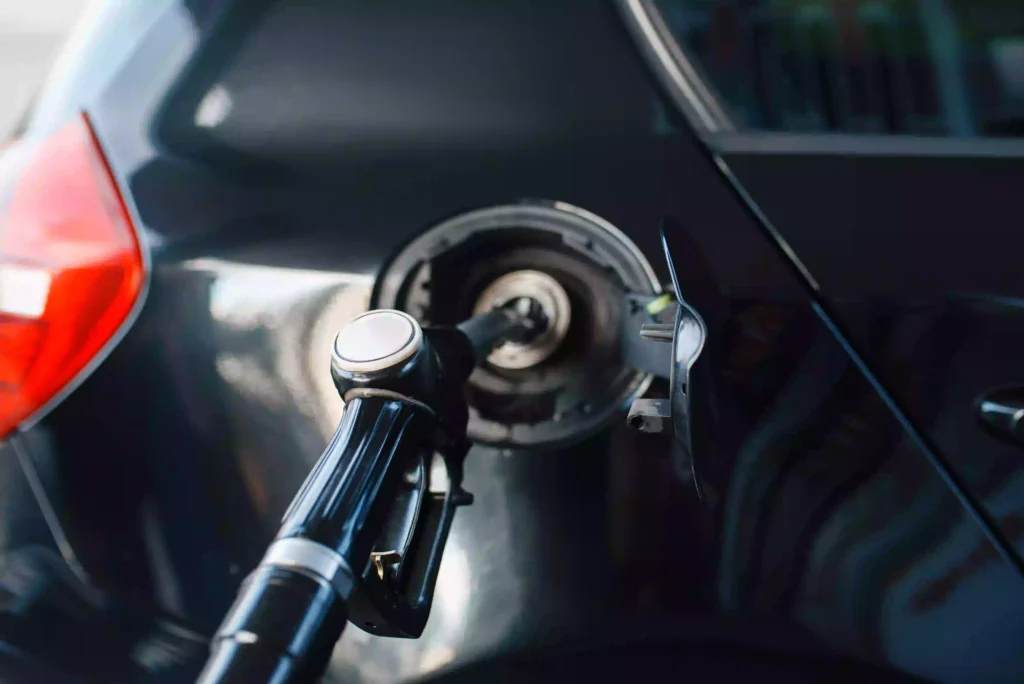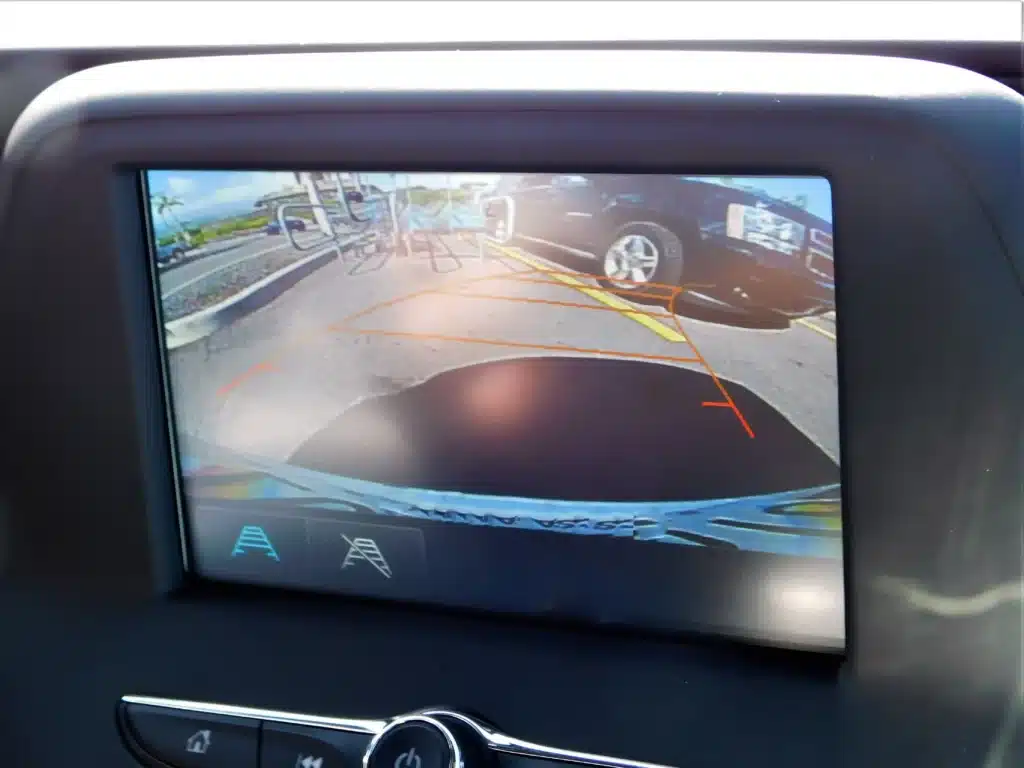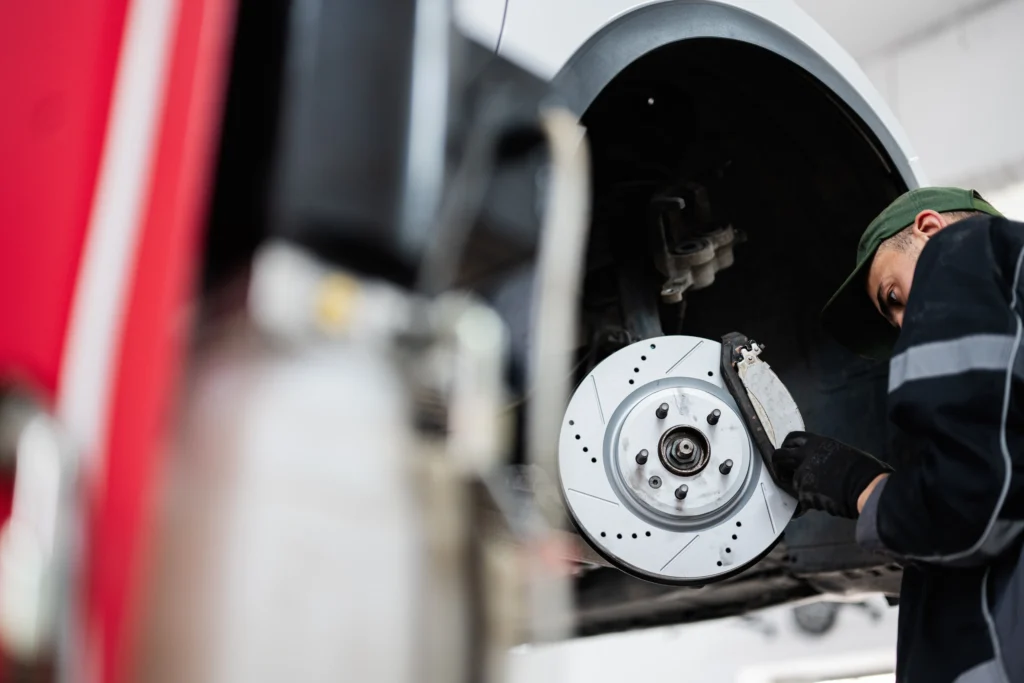Nissan Lemon Law: What You Need to Know
If your Nissan has repeated problems that won’t go away, we can help.
Lemon Law Help can answer any questions you have about your potentially defective Nissan.
If you decide to go forward with a lemon law case or Nissan lawsuit, we can offer free legal representation and help you get cash compensation, a vehicle replacement or a buyback under the California Lemon Law.
Home » Manufacturers Of Lemon Vehicles » Nissan Lemon Law: What You Need to Know
Top 8 Nissan Issues
Auto manufacturers will sometimes release faulty cars, trucks, and other vehicles to the public. Nissan is no exception, which is why you may be able to bring forward a Nissan lawsuit. Owners of Nissan vehicles should look out for the following signs:
Jerking, Shuttering and Shaking While Driving
Gearshifts Locking Up
Transmission Failure
Air Bag Light Turns On
Check Engine Light Turns On
Loss Of Power
Defective Throttle Body
Engine Will Not Start
If these symptoms or any other vehicle problems repeatedly appear, your Nissan may be a lemon. Learn more about what the lemon law can do for you.
If you want to seek legal remedies from your auto manufacturer or look into Nissan lemon law claims, consult an attorney to discuss your lemon law rights.
Common Nissan Lemon Problems
Your Nissan may qualify for the California Lemon Law if problems affecting its use, value or safety were not fixed within a reasonable number of repair attempts. Certain common problems, such as random braking, transmission issues and engine failure have prompted class action lawsuits and federal investigations.
If your Nissan experiences these serious safety issues, contact one of our lemon law attorneys for a free consultation.
Automatic Emergency Braking
Nissan vehicles are allegedly prone to random braking due to automatic emergency braking systems riddled with defects.
The automatic emergency braking (AEB) systems use radars and sensors to detect objects, and if a crash is otherwise about to happen, the AEB systems automatically hit the brakes.
However, a class action lawsuit filed in 2019 claims that the AEB systems in certain 2017–2019 Nissan vehicles would give false alarms for objects that aren’t actually there or make the Nissan vehicles brake at random.
The random braking issues are found in the following Nissan vehicles with AEB systems:
2017–Present Nissan Rogue
2017–Present Nissan Pathfinder
2017–Present Nissan Murano
2017–Present Nissan Altima
2017–Present Nissan Maxima
2017–Present Nissan Armada
2017–Present Nissan Leaf
2017–Present Nissan Sentra
2018–Present Nissan Kicks
2018–Present Nissan Versa
If your Nissan vehicle brakes at random and your dealership hasn’t remedied the issue, Nissan Lemon Law may help you get the remedy you deserve.
Nissan Transmission Problems
CVT Transmission Problems
Common Nissan lemon symptoms such as jerking, shuddering and transmission failure have been named in various class action lawsuits. For example, Nissan has faced a number of class action lawsuits that allege its continuously variable transmissions (CVTs) to be defective.
Nissan has faced class action lawsuits alleging the CVTs in 2013–2018 Altima, 2013–2017 Juke, 2014–2018 Rogue, 2015–2018 Pathfinder, 2013–2019 Sentra, 2012–2019 Versa, and 2014–2019 Versa Note vehicles to be defective. Many of these lawsuits have reached settlement.
However, later Nissan model years still experience the same issues. Our Nissan lemon law firm has seen CVT transmission problems like severe juddering, stalling, vibrating, slipping failure to accelerate, sudden stops and transmission failure in the following vehicles:
2019–2024 Nissan Altima
2017–2024 Nissan Maxima
2017–2024 Nissan Murano
2019–2021 Nissan Pathfinder
2017 Nissan Quest
2019–2024 Nissan Rogue
2020–2024 Nissan Sentra
2019–2024 Nissan Versa
9-Speed Transmission Problems
A class action Nissan lawsuit alleges that 9-speed automatic transmissions installed in 2020–2021 Nissan Titan and Nissan Frontier trucks experience recurring problems such as hesitation, vehicle jerking, lurching and shifting problems. As a result, these truck drivers are at an increased risk of getting rear-ended.
The following vehicles have reported experiencing recurring problems with their 9-speed transmissions:
2020–Present Nissan Titan
2020–Present Nissan Frontier
The Nissan 9-speed transmissions’ inability to maintain speed allegedly puts pedestrians in danger. Nissan owners also allege that the offered software update didn’t fix the transmission problems.
If your Nissan Titan or Frontier has recurring transmission issues that haven’t been fixed, Nissan Lemon Law can help you get a vehicle replacement or a lemon law buyback.
Nissan Engine Problems
Owners of certain Nissan Rogue, Nissan Altima and Infiniti QX50 vehicles reported experiencing engine failure, a loss of motive power and metal chunks being found in the oil pan. Problems with the VC-turbocharged engines prompted an engine defect investigation into the following vehicles:
2021–2023 Nissan Rogue
2019–2021 Nissan Altima
2019–2021 Infiniti QX50
Metal chunks, loss of power and engine failure can make your Nissan unsafe to drive. If your Nissan dealership hasn’t fixed your issues within a reasonable number of repair attempts, contact our Nissan lemon law attorneys for a free consultation.
Do You Have A Lemon Vehicle?
"*" indicates required fields





